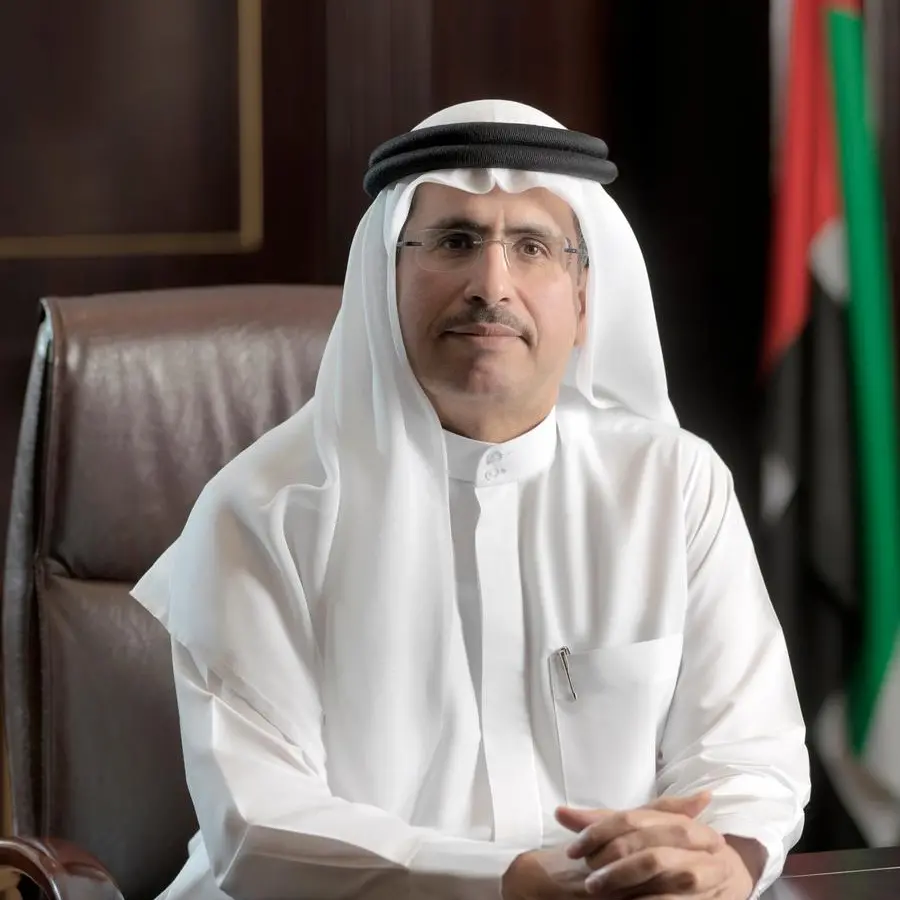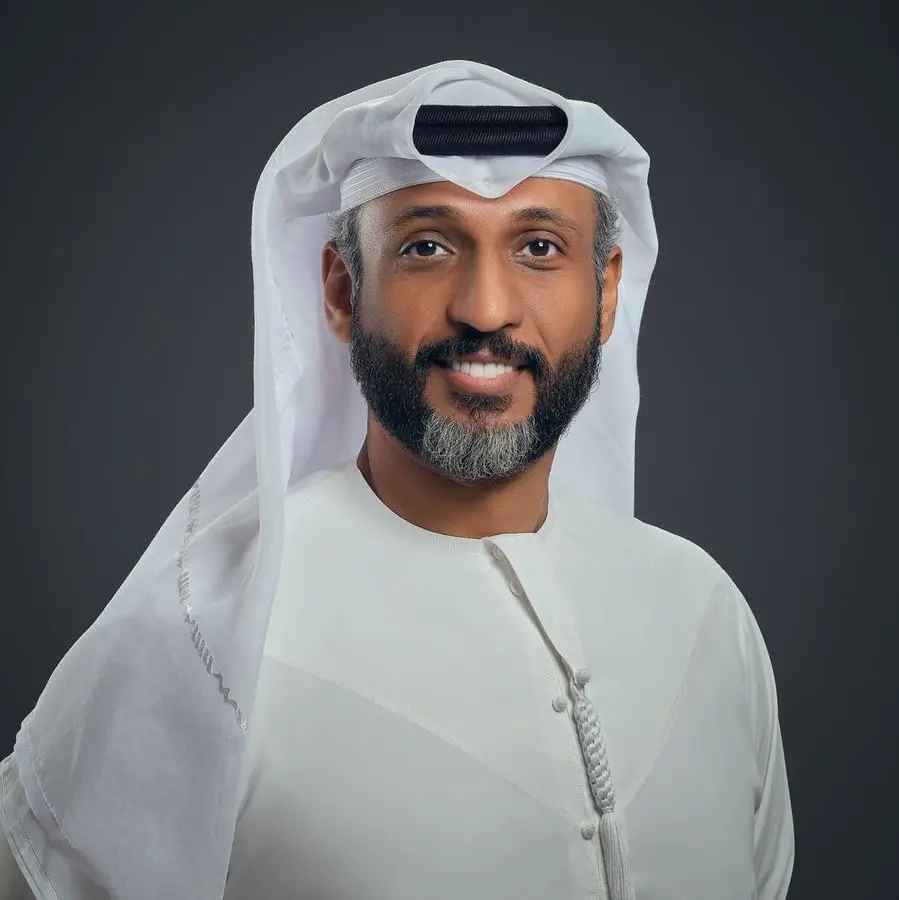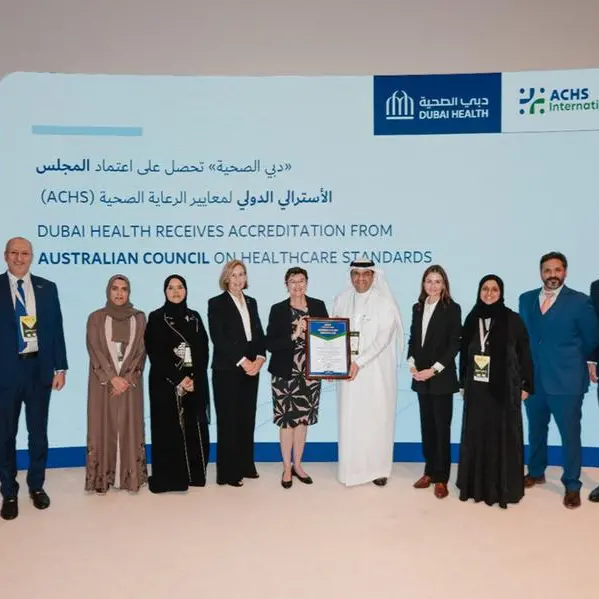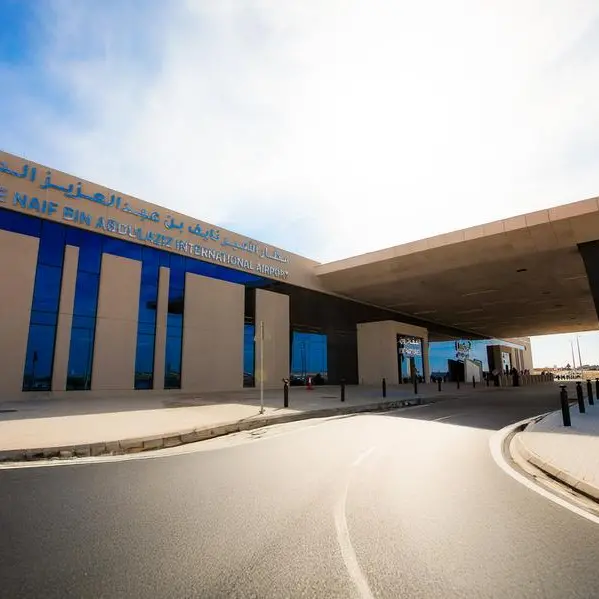Dubai – Research by UBS, the world’s largest wealth manager, concludes that while the transformation from non-renewable to renewable energy sources is underway, its speed may be overestimated. In a new report entitled The Middle East at a crossroads:
The energy transition, the company’s Chief Investment Office expects crude oil and gas prices to trend higher in coming years.
“The world's thirst for energy seems almost insatiable, and while the pandemic will likely cause the first contraction in global energy demand since the 1980s, we believe global oil demand has not yet peaked,” says Michael Bolliger, Chief Investment Officer for Emerging Markets at UBS Global Wealth Management and leading author of the report.
This revised timeline provides additional time for countries in the Middle East to diversify their economies away from hydrocarbon exports into higher value-add sectors.
The main driver of oil demand growth over the coming years, according to the report, is likely to come from sectors other than transportation. Rising plastic demand and access to vast crude oil reserves at very low extraction costs provides the region with a unique opportunity to become a global leader in the supply of petrochemicals.
In addition, UBS Global Wealth Management’s analysts expect supplies of renewable energy to keep rising swiftly. Middle Eastern countries again seem well positioned to participate in these trends. The UAE, for example, produces the world's cheapest solar energy, and Saudi's Dumal Al-Jandal plant is one of the most cost-efficient wind energy farms globally, with a price of less than USD 2c/KWh.
Niels Zilkens, Head Arabian Gulf at UBS Global Wealth Management, says: “Given the UAE’s natural advantages, the region can become a global powerhouse for renewable energy production, which could help ease fiscal strains, boost economic diversification,
create jobs, and help to slow climate change.”
Abdallah Najia, Head Saudi Arabia at UBS Global Wealth Management, says: “Saudi Arabia has competitive advantages in both renewable and non-renewable energy. In addition, the kingdom’s economically advantageous access to hydrocarbons means it has potential to diversify into the growing sector of petrochemicals, which taken together can help ease fiscal strains, boost economic diversification, and create jobs.”
-Ends-
© Press Release 2020
Disclaimer: The contents of this press release was provided from an external third party provider. This website is not responsible for, and does not control, such external content. This content is provided on an “as is” and “as available” basis and has not been edited in any way. Neither this website nor our affiliates guarantee the accuracy of or endorse the views or opinions expressed in this press release.
The press release is provided for informational purposes only. The content does not provide tax, legal or investment advice or opinion regarding the suitability, value or profitability of any particular security, portfolio or investment strategy. Neither this website nor our affiliates shall be liable for any errors or inaccuracies in the content, or for any actions taken by you in reliance thereon. You expressly agree that your use of the information within this article is at your sole risk.
To the fullest extent permitted by applicable law, this website, its parent company, its subsidiaries, its affiliates and the respective shareholders, directors, officers, employees, agents, advertisers, content providers and licensors will not be liable (jointly or severally) to you for any direct, indirect, consequential, special, incidental, punitive or exemplary damages, including without limitation, lost profits, lost savings and lost revenues, whether in negligence, tort, contract or any other theory of liability, even if the parties have been advised of the possibility or could have foreseen any such damages.



















